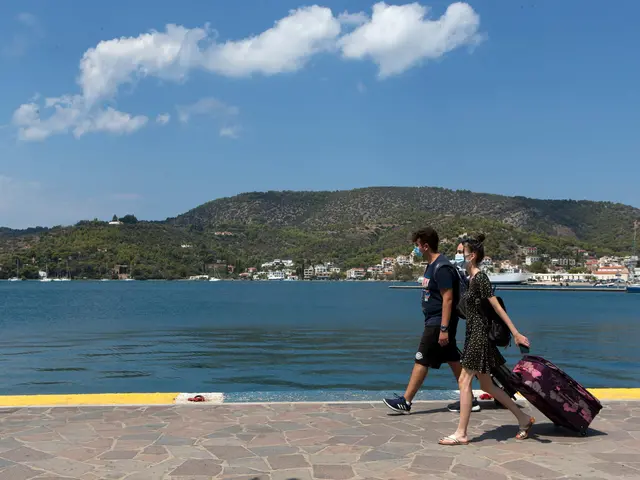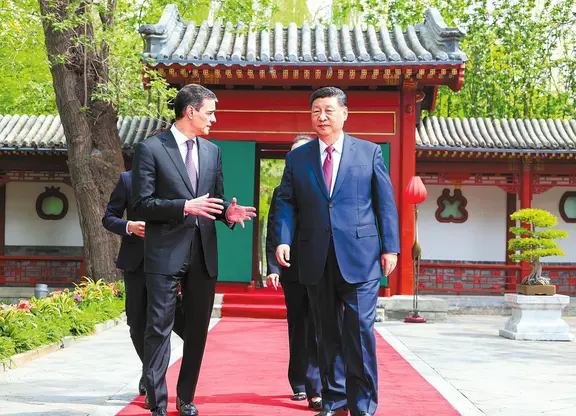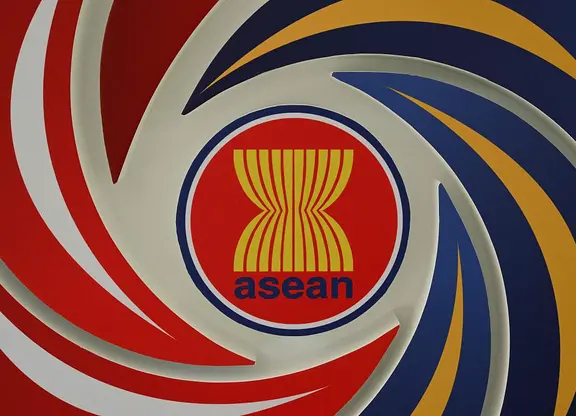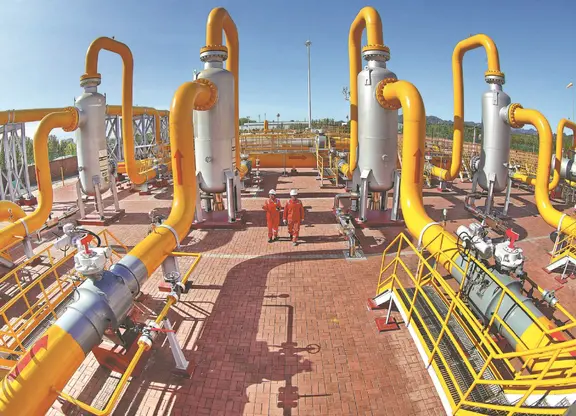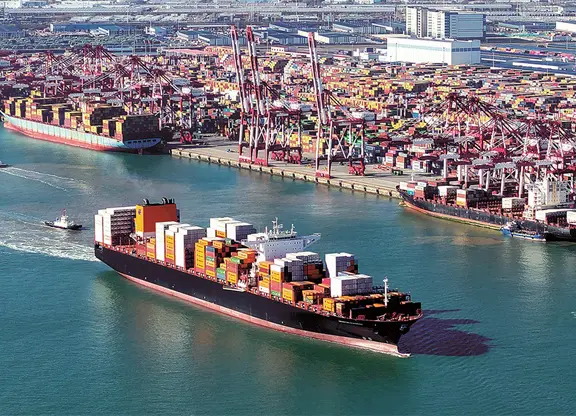Turkey and Greece are unlikely to reach a compromise to appease tensions that have flared up between the NATO allies over hydrocarbon explorations in Eastern Mediterranean as both nations are not ready for concessions, analysts said.
Turkey has sent a research ship accompanied by warships prospecting between Cyprus and the Greek island of Crete, while Greece deployed its own naval vessels to the area.
Greece and Turkey have long disagreed on overlapping claims on hydrocarbon resources in the region, with both sides holding conflicting views of how far their continental shelves extend in waters.
They have accused each other of being responsible for the stand-off, and no immediate settlement is in sight while Germany, the European Union's rotating president, has stepped in as a mediator to prevent things from escalating further towards an unwanted confrontation.
The disputed area is close to Turkey but Greece insists it belongs to Greece under international law and maritime regulations.
Turkey says the rules are unfair since Greece only has the rights of the waters because of a few tiny islands that expand its legal reach.
Experts said that a war is unlikely, but so is a compromise on the thorny issue of disputed waters.
"If we look at the history of Greek-Turkish disputes, we see that although there is an intent for dialogue between Ankara and Athens, there is never a will towards a resolution, and it will be probably the same for this latest conflict," Serkan Demirtas, a foreign policy analyst, told Xinhua.
He pointed out that nationalist rhetoric and patriotic feelings always have the upper hand in unresolved disputes between the two neighbors, preventing them from moving towards a concession, however small it may be.
"Pressure from public opinion is fierce in both countries which prevent governments from leaning in favor of concessions or a compromise which would be seen as a sign of weakness," Demirtas remarked.
The expert, nevertheless, ruled out a military confrontation, a scenario he said neither of the two would want.
Greece and Turkey have been at odds for decades over a wide variety of issues, including sea boundaries, and have come to the brink of war over disputed inhabited islands in the Aegean Sea in 1996.
The move to begin exploratory drilling comes amid anger on the Turkish side over a deal signed between Greece and Egypt on economic zones for drilling rights and maritime boundaries, which Turkey claims is intended to keep it out of the Eastern Mediterranean.
Last year, Turkey signed a similar deal with the UN-backed Libyan government in Tripoli, sparking outrage in Greece, Cyprus and Egypt, who all said it infringed on their economic rights in eastern parts of the Mediterranean where important gas reserves have been found in recent years.
The EU is backing its member Greece in this dispute along with Turkey's regional rivals, Israel and Egypt.
France for its part has taken direct action in the stand-off, criticizing Ankara's stance and sending reinforcement to Eastern Mediterranean in support of Greece.
Tensions between France and Turkey were already high over their support for opposing sides in Libya's conflict.
Hasim Turker, an expert on military affairs and academic coordinator at the Ankara-based Bosphorus Center for Asian Studies, pointed out that this latest conflict highlights the political isolation of Turkey in the Mediterranean basin.
"Turkey should immediately seek ways to end its regional isolation and enter a meaningful dialogue with Israel and Egypt, for the sake of its national interests because this loneliness is detrimental to Turkish foreign policy," he said.
The former navy commander also argued that the resolution of the latest conflict stemming from a complex maritime jurisdiction issues needs dialogue and compromise, but neither of the two states seems prepared for it, at least not in a foreseeable future.
"We observe a nationalist discourse in both governments and this may prove very dangerous in such disputes, sparking further escalation," said Turker.
And he was proven right as a Greek and a Turkish warships were involved in a mild collision on Aug. 12 during their standoff, sparking serious concerns.
"A direct military confrontation is not to be expected but accidents such as this are dangerous. Things can easily go out of hand," he added.
(by Burak Akinci)
 简体中文
简体中文

